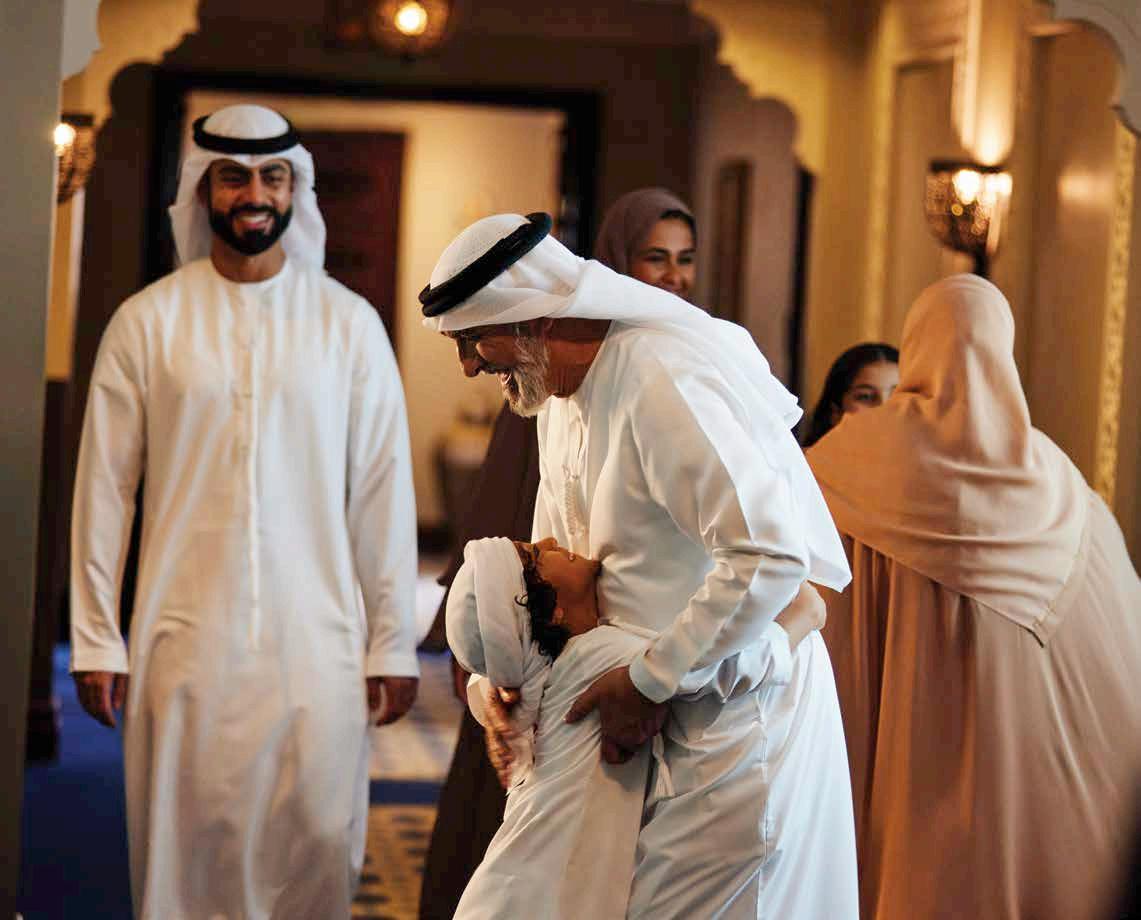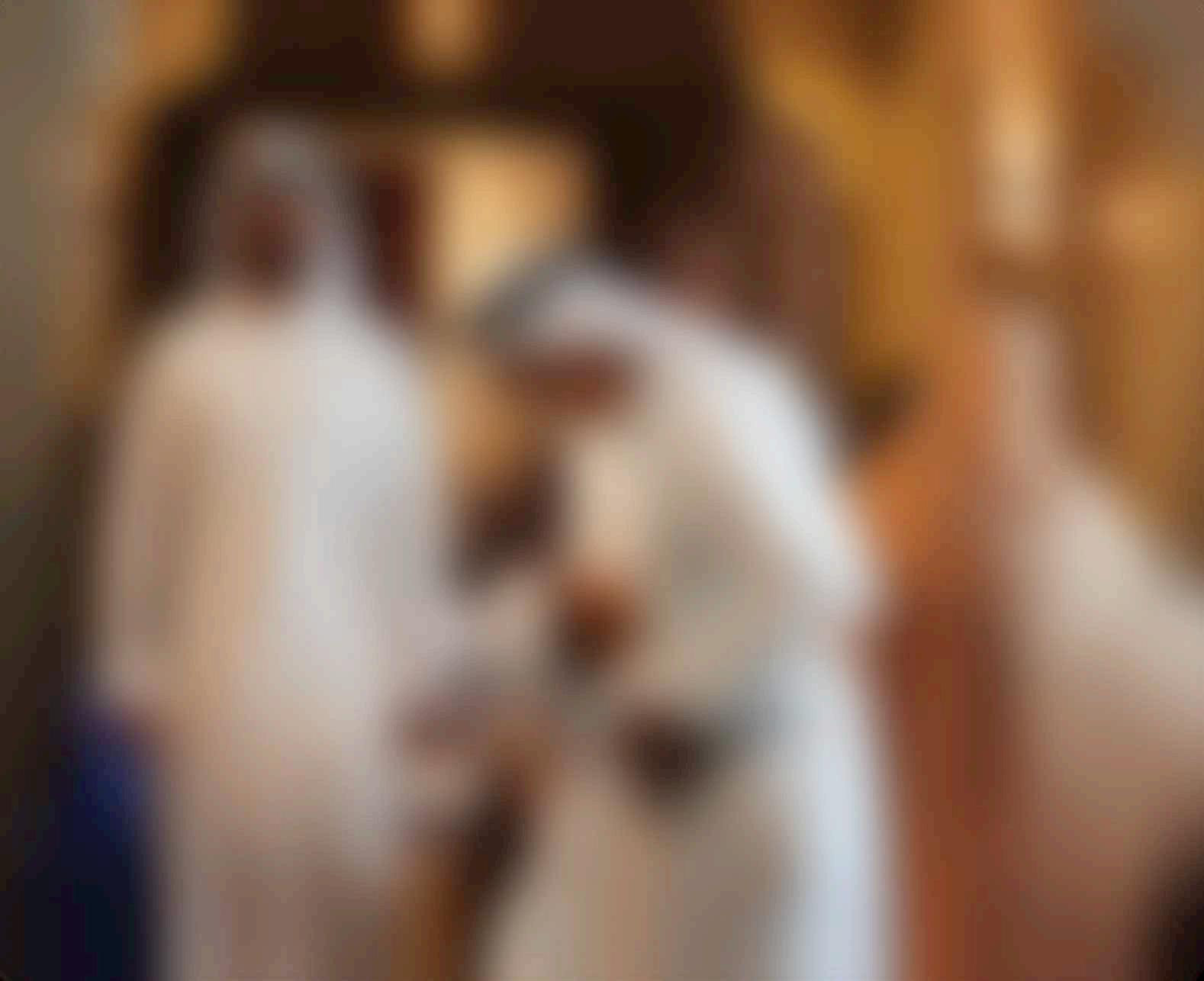
3 minute read
Know your stuff
About Ramadan
Ramadan is expected to begin on April 2, with Eid Al Fitr celebrations commencing on May 2. But what does it all mean? Here’s all you need to know
What is Ramadan?
The ninth month of the Islamic calendar, Ramadan is a time when Muslims around the world abstain from eating, drinking or smoking between sunrise and sunset.
Lasting about a month, it marks the time when the Qur’an was first revealed to the Prophet Mohammed (PBUH). Extra tarawih prayers are performed at the mosque throughout Ramadan and each evening 1/30th of the holy book is recited. By the end of Ramadan, observers have read the entire Qur’an.
Why is Ramadan so important to Muslims?
Fasting is one of the five pillars of Islam, considered mandatory by believers. The pillars are the framework by which Muslims everywhere live, and Ramadan is considered the holiest time in the Islamic calendar. It is a time for prayer, reflection and religious devotion, to cleanse past sins and to focus on Allah through good deeds.
Why do Muslims fast?
Fasting, or sawn, loosely translates as ‘to refrain’. So during Ramadan Muslims commit to not eating, drinking or smoking during daylight hours. But sawn isn’t just about physical restraint, it also refers to bad thoughts, actions and words.
Ramadan is often a time to spend with family, breaking fast at sunset. The fast itself is intended to help Muslims learn about selfdiscipline and enable them to empathise with those who have less.
YOUR GUIDE TO IFTARS IN DUBAI AND ABU DHABI
KNOW YOUR STUFF YOUR GUIDE TO IFTARS IN DUBAI AND ABU DHABI
Must everyone fast?
For Muslims, everyone is required to fast, but there are exceptions. Young children, pregnant women and the elderly and infirm are not required to fast due to possible health complications. Women on their monthly cycle do not fast, nor do people who are ill. If there is a temporary break in the fast, Muslims are required to make up the missing days after Ramadan.
Non-Muslims are not required to fast. However, they should behave sensitively throughout Ramadan, which means no eating, drinking or smoking in public during daylight hours.
Does everything close during the day?
Most restaurants remain open during Ramadan, but may have shorter opening times so it’s best to call ahead at the venue. The places that are open during the daytime may have curtains or panels in place to conceal people eating and drinking from those fasting.
Everything tends to happen much later in the day during Ramadan. Malls close even later than usual.
Do I need to do anything differently during the day?
It’s important for everyone to dress and behave appropriately during the Holy Month. Even those who aren’t fasting should make sure that their clothes are modest, covering shoulders, chest and knees. Keep music levels down to a minimum and, of course, no public displays of affection.
Ramadan glossary
IFTAR The meal at sunset when Muslims break their daytime fast
SUHOOR Technically the meal before sunrise before Muslims start fasting. Much more laid back than iftar, suhoor often starts late at night and runs into the early hours of the morning HILAL The thin crescent moon marking the beginning of a new month in the Islamic calendar, which is used to predict the start of Ramadan
SUNNAH The teachings and practices of the Prophet Mohammed (PBUH). Eating dates to break fast, for example, is a sunnah
PILLARS OF ISLAM
01 Testimony of faith
Religious devotion to Allah as the one God and Mohammad (PBUH) as the messenger
02 Prayer
The promise to pray at the required five times every day
03 Zakat
Muslims are taught to give a certain percentage of their wealth to charity
04 Fasting during Ramadan
This is an annual commitment that Muslims follow
05 Pilgrimage to Mecca
All Muslims are obliged to do the hajj, the trip to Mecca, at least once in a lifetime

Embrace the Holy Month with loved ones and create lasting memories at this culinary destination



